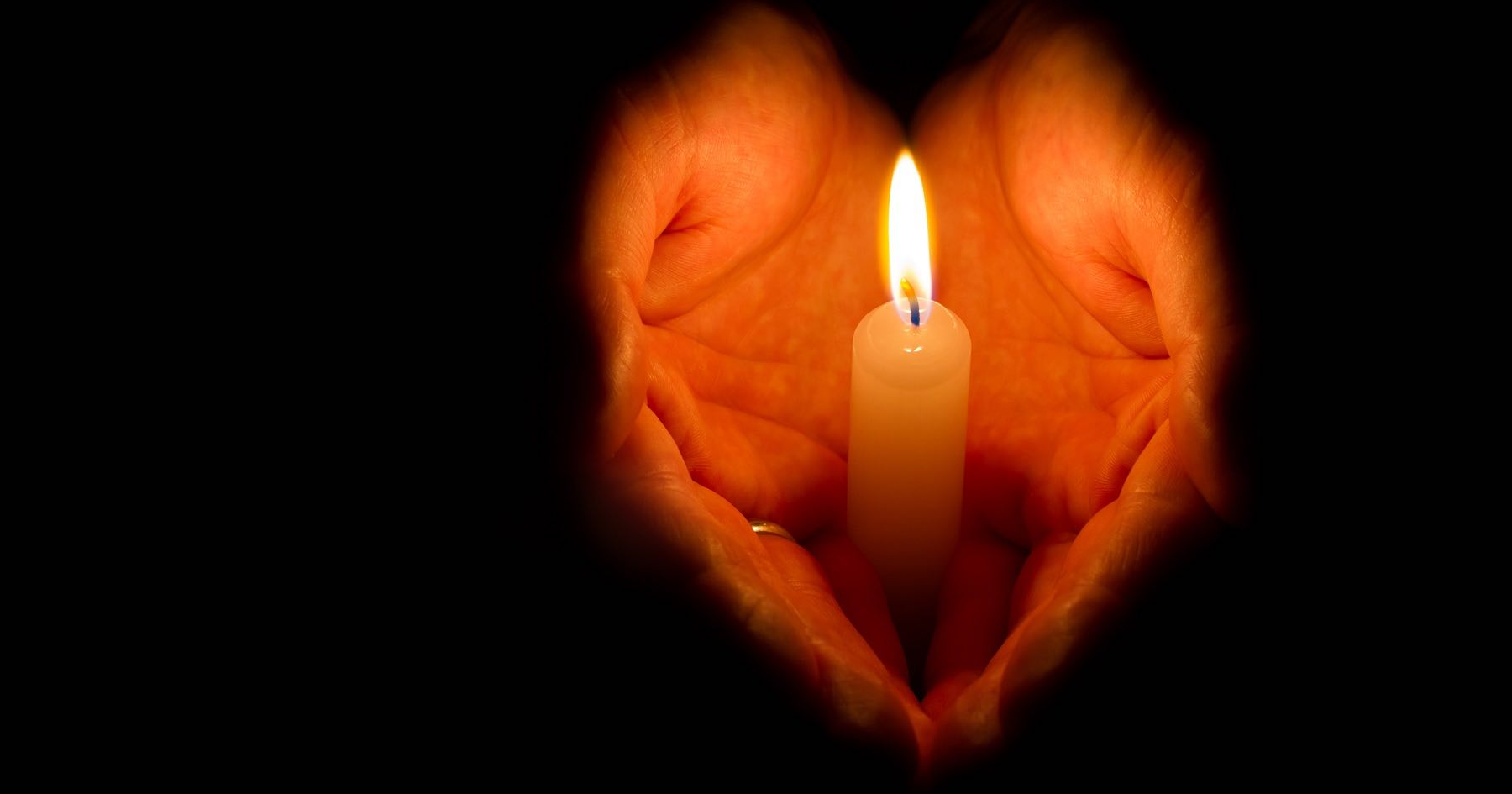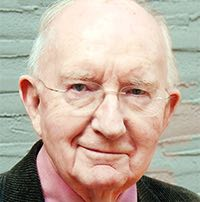You may remember this as the title song in a long-ago movie of the same name. The stars, as we used to say, were William Holden and Jennifer Jones. The other day, I found myself humming the melody, and since a remembered melody is a sure way to open one’s memory banks, I found myself recalling two quotes I had saved, two beautiful expressions of human love.
As you well know, the fact that something happened long ago does not mean it cannot become a gift again when you rediscover it in your study. For a fair number of years, I have been adding to what is now a sizable personal anthology of both prose and poetry. So, without further ado, I reach for one of five large three-ringed binders.
Here we are, under the Ls. Madeleine L’Engle was married to Hugh Franklin for many years. After he died, she used the experience of their years together as the basis for one of her many books. She called it Two-Part Invention: The Story of a Marriage.
When you come to think of it, a “two-part invention” defines exactly what a marriage must be if it’s to survive. Here is a short extract:
“Our love has been anything but perfect and anything but static. Inevitably there have been times when one of us has outrun the other and has had to wait patiently for the other to catch up. There have been times when we have misunderstood each other, demanded too much of each other, been insensitive of the other’s needs. I do not believe there is any marriage where this does not happen. The growth of love is not a straight line, but a series of hills and valleys. I suspect that in very good marriages there are times when love seems to be over. Sometimes these desert times are simply the only way to get to the next oasis, which is far more lush and beautiful after the desert crossing than it could possibly have been without it.”
The second quote that I brought up from the depths of my study is from a book called Mortal Lessons, written by surgeon Richard Seltzer, who also had a gift for reflecting on the human condition.
He describes a visit to a young woman he has just operated on. When he arrives on the ward, she is just waking from surgery. Sitting by the bed, holding her hand is her young husband. They have been married a very short time.
The surgery had entailed severing a tiny but significant nerve that affects the muscles of her mouth. Seltzer made every possible effort to follow the curve of her flesh so that he could remove the tumour, but it was simply not possible to avoid severing this tiny nerve. As a consequence, her mouth droops on one side. The young woman speaks:
“Will my mouth always be like this?” she asks.
“Yes,” I say, “it will. It is because the nerve was cut.”
She nods, and is silent. But the young man smiles.
“I like it,” he says. “It is kind of cute.”
The husband then bends to kiss her, and Seltzer remarks that the husband “twists his own lips to accommodate to hers, to show her that their kiss still works.” Seltzer finds himself recalling the ancient Greek belief that the gods were known to appear as mortals, and he lets the wonder of the moment hang in the silence of the dimly lit ward.
Two moments of human love as “a many-splendored thing.” As I replace the original quotes in the large ring binder, I resolve to take it from the shelf more often.




